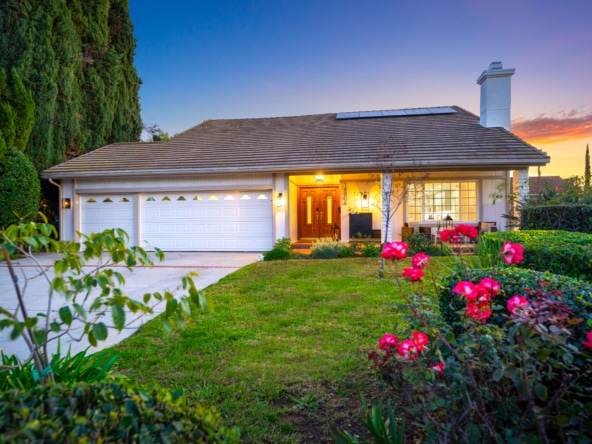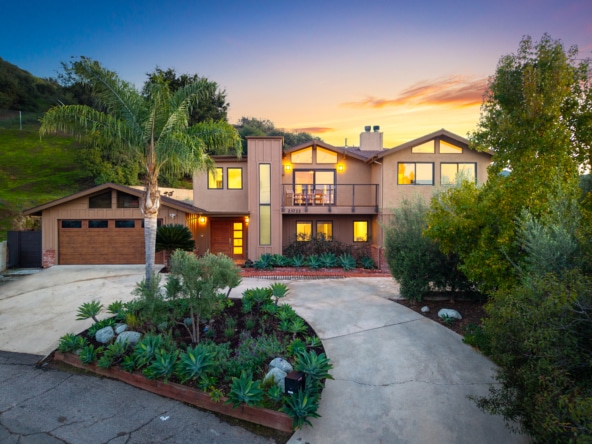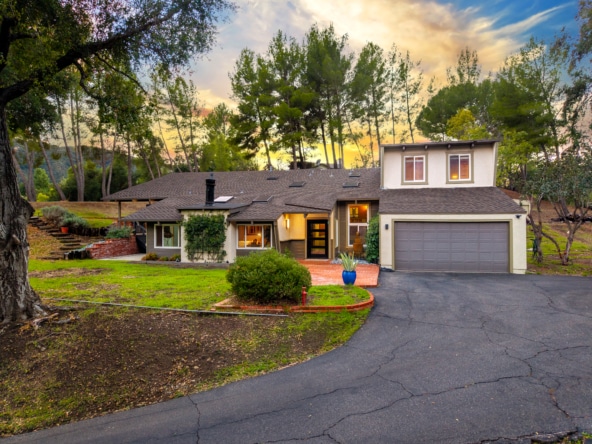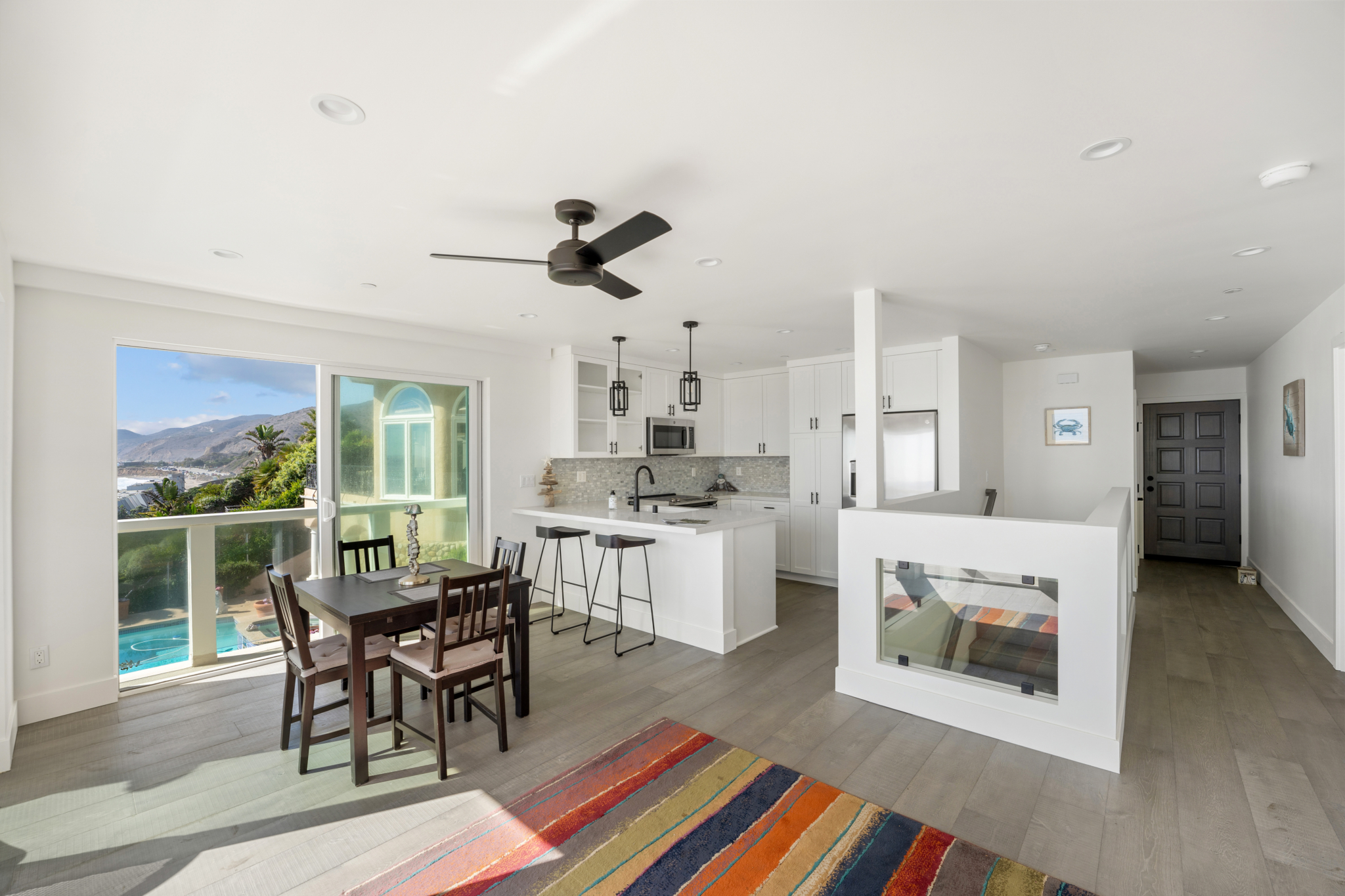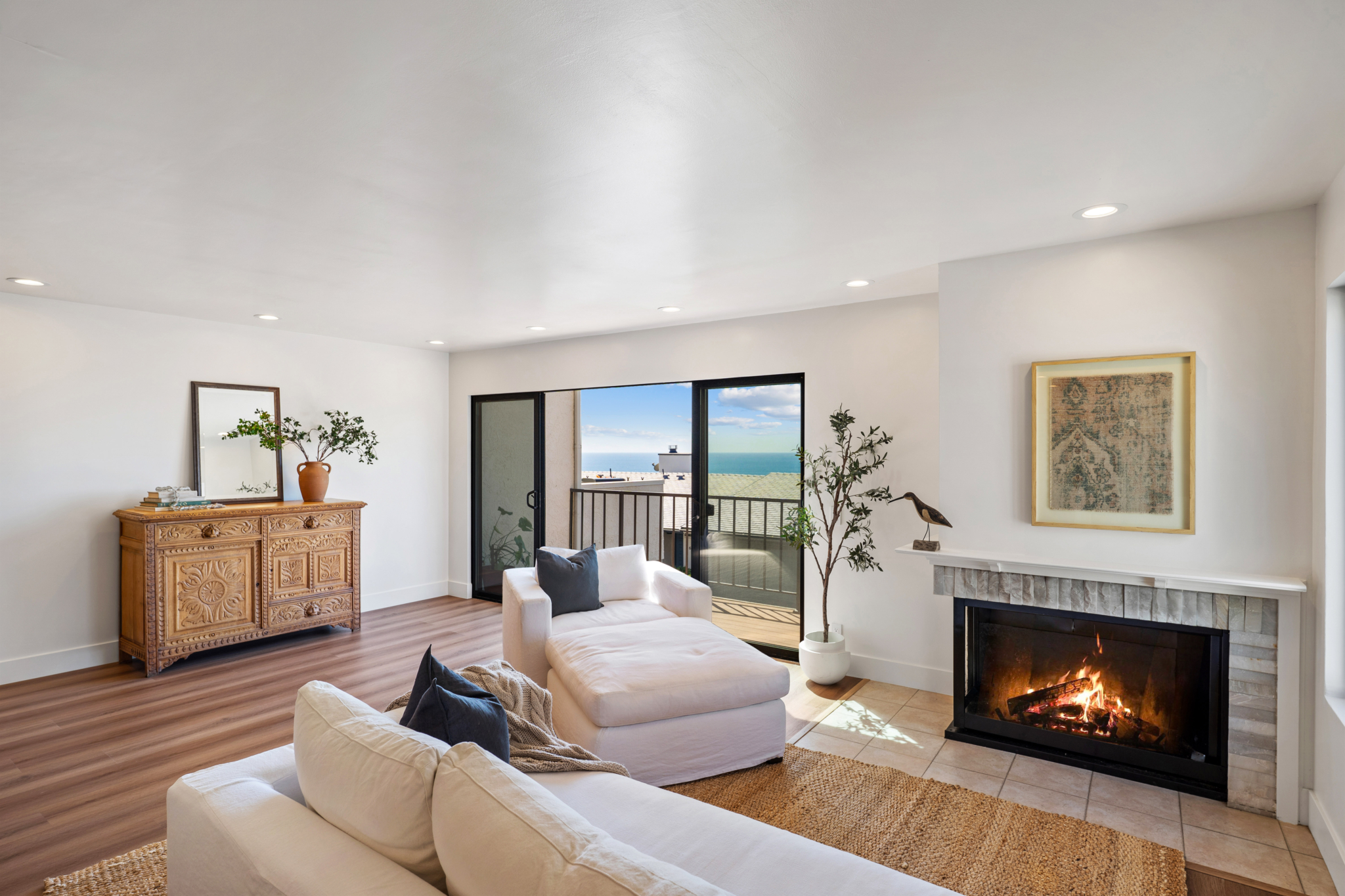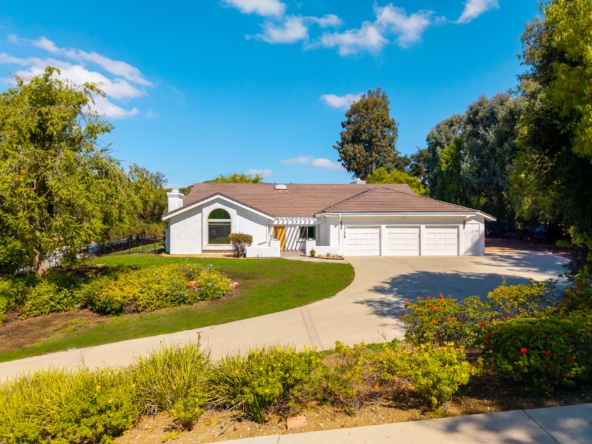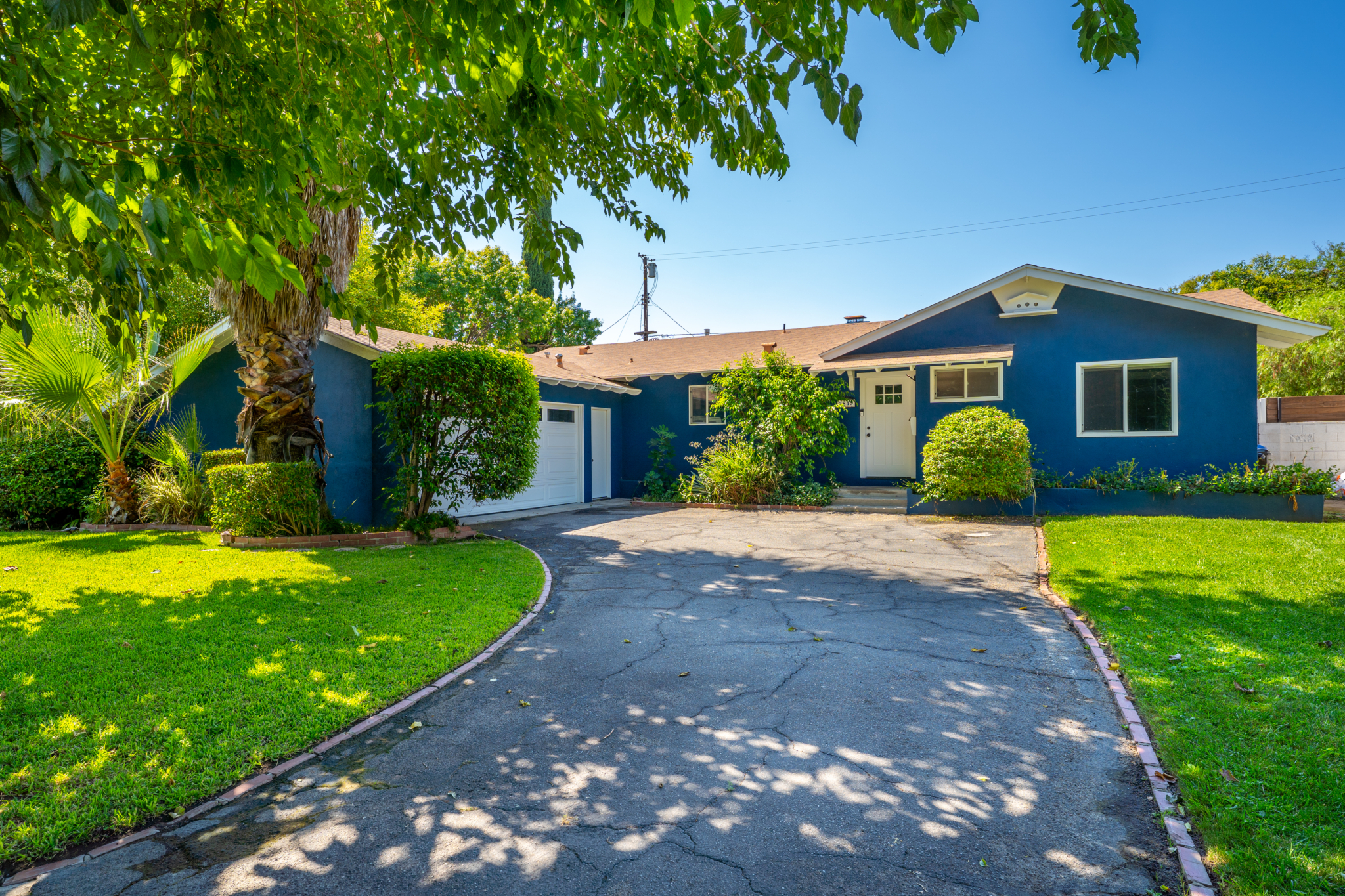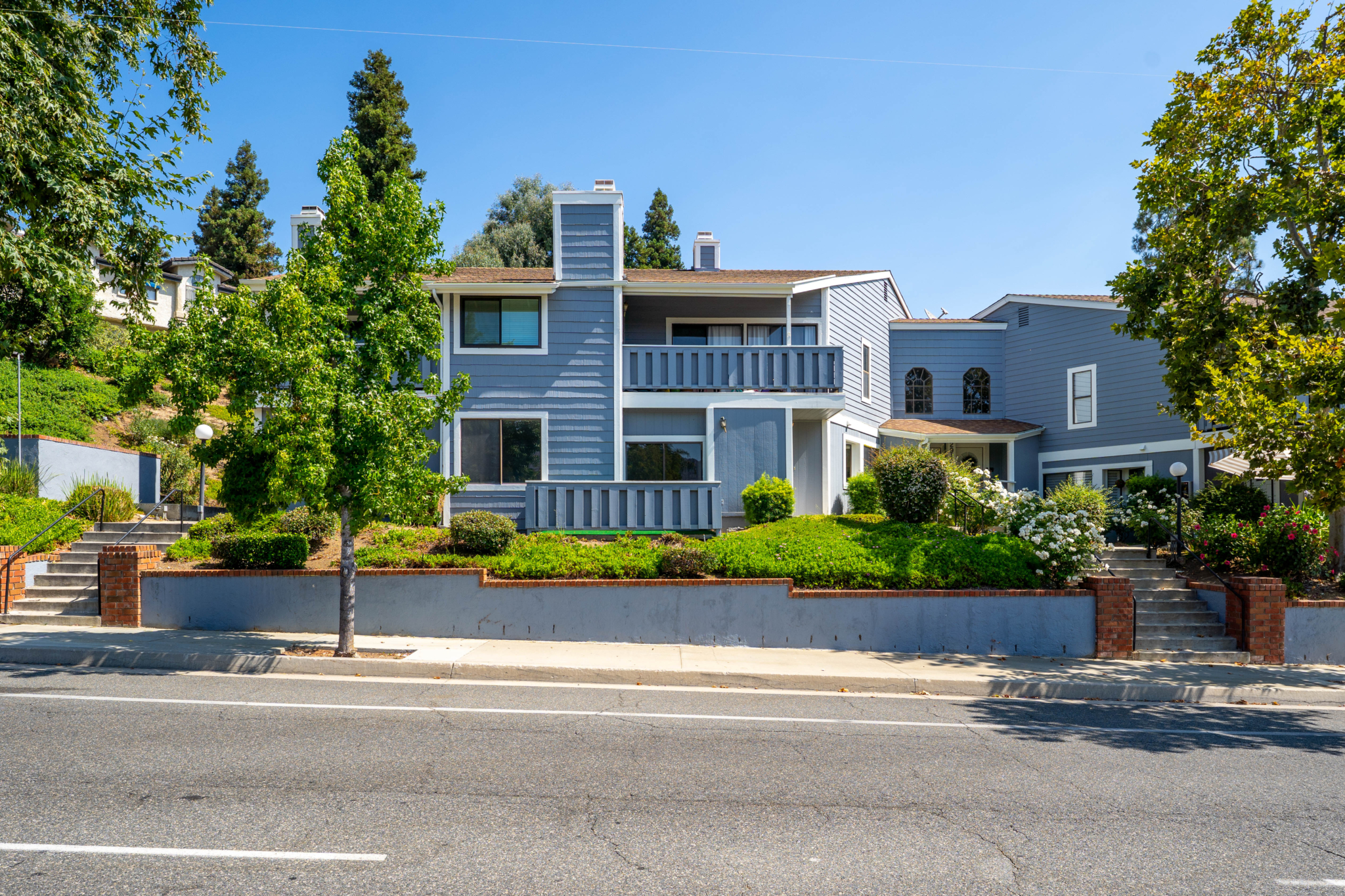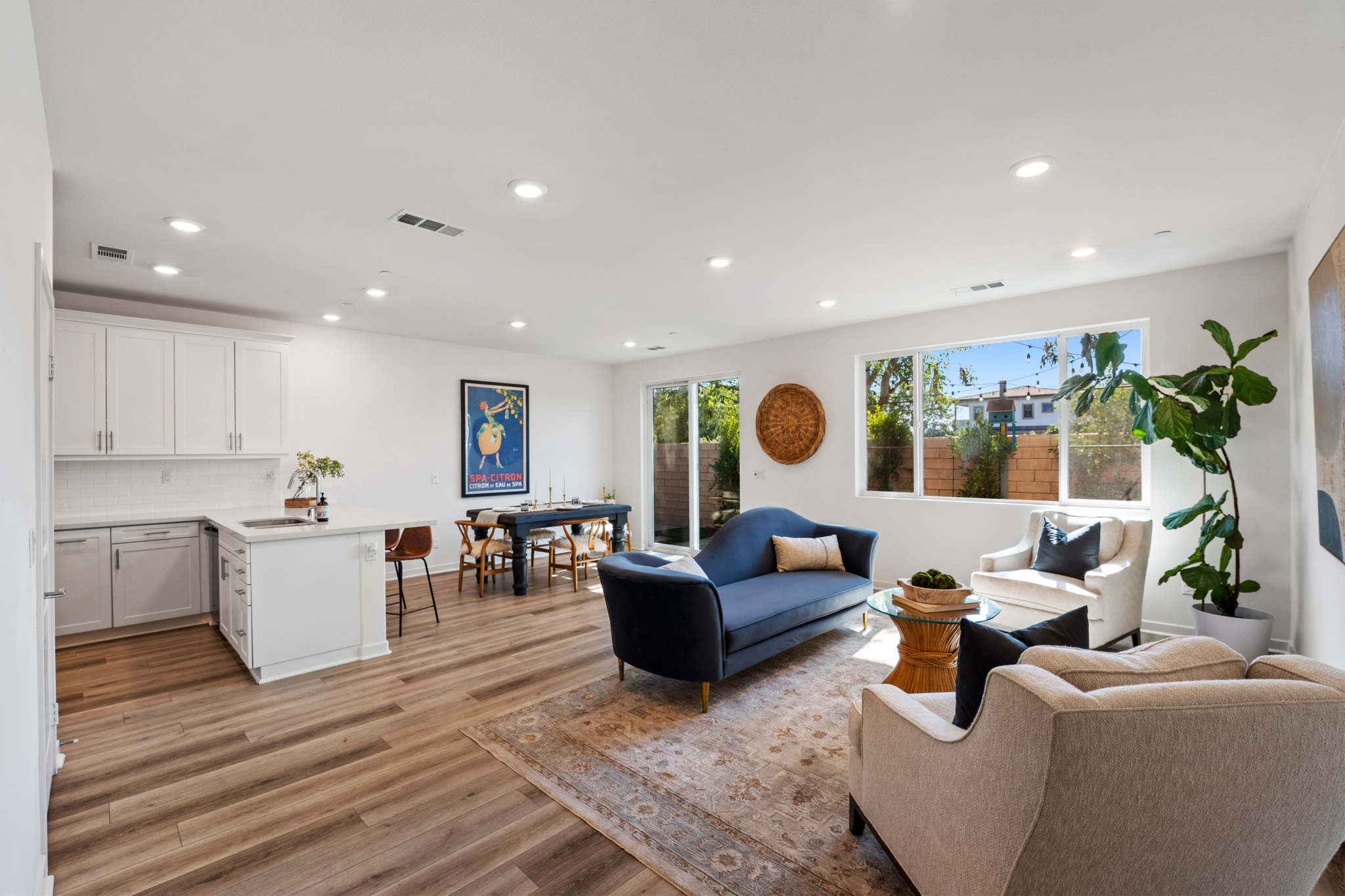When it’s time to move, deciding what to do with your current home is a major consideration. An increasing number of homeowners are opting to rent out their property instead of selling it.
According to recent data from Zillow, 66% of sellers have considered renting their home before putting it on the market, with nearly 28% seriously exploring the idea. This is a significant increase from 2021, when only 47% of homeowners thought about renting prior to selling. Clearly, this trend is gaining momentum.
So, what’s the best move for you? Should you sell your house and use the proceeds to fund your next home, or keep it as a rental property to build long-term wealth? Let’s explore some key questions to help you make the right choice based on your financial goals and lifestyle.
Is Your House a Good Fit for Renting?
Before making a decision, it’s essential to evaluate whether your home is suited to being a rental property. For example, if you’re relocating far away, managing maintenance from a distance could be challenging. Additionally, consider whether your neighborhood appeals to renters and whether your house requires significant repairs before it’s tenant-ready.
If these factors pose challenges, selling might be the more practical option.
Are You Prepared for the Challenges of Being a Landlord?
Owning a rental property involves more than simply collecting rent each month. It’s a significant commitment that can be both time-consuming and demanding.
For instance, you might receive maintenance calls at inconvenient times or need to address property damage before welcoming a new tenant. Additionally, there’s always the possibility of tenants missing rent payments or breaking their lease, which can lead to unexpected stress and financial burdens. As Redfin explains:
“Landlords have to handle repairs such as broken pipes, malfunctioning HVAC systems, and structural issues, among other essential maintenance. Without a few thousand dollars readily available for these expenses, you could find yourself in a tough spot.”
Do You Understand the Costs?
If you’re considering renting your home primarily for passive income, it’s important to account for the additional expenses that come with being a landlord:
- Mortgage and Property Taxes: These payments remain your responsibility, even if rental income doesn’t fully cover them.
- Insurance: Landlord insurance, which protects against damages and liability, typically costs about 25% more than standard homeowner’s insurance.
- Maintenance and Repairs: Expect to spend at least 1% of the home’s value annually on upkeep, or more if the property is older.
- Finding a Tenant: Costs may include advertising and conducting background checks.
- Vacancies: If the property sits empty between tenants, you’ll lose rental income and still need to cover the mortgage.
- Management and HOA Fees: Hiring a property manager can simplify your role but usually costs around 10% of the monthly rent. HOA fees, if applicable, are an additional expense to consider.
Bottom Line
In the end, deciding whether to sell or rent out your home is a personal choice. Let’s connect so I can provide expert guidance and support, ensuring you feel confident and well-informed as you make your decision.


